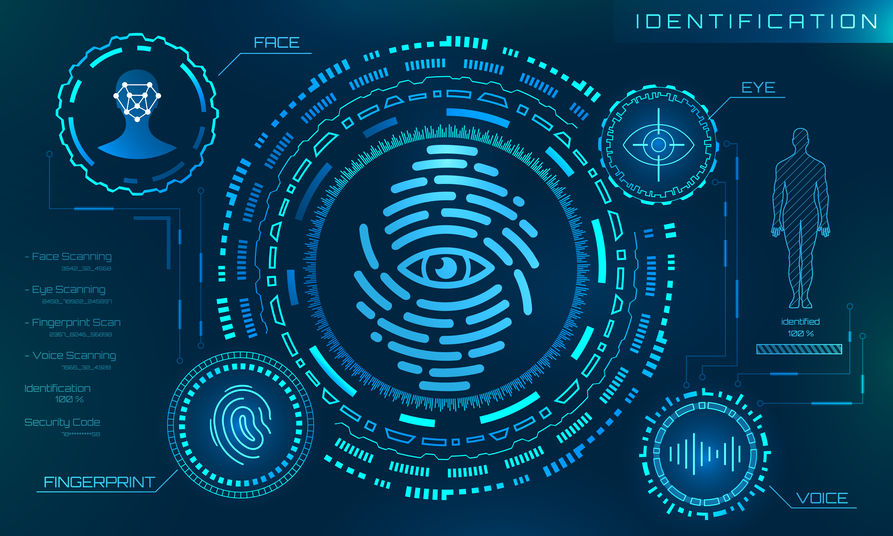Overview
The Illinois Supreme Court  forever quashed one of Illinois employers’ last lines of defense to the onslaught of claims brought under the Illinois Biometric Information Privacy Act (BIPA).
forever quashed one of Illinois employers’ last lines of defense to the onslaught of claims brought under the Illinois Biometric Information Privacy Act (BIPA).
As we reported on January 29, 2021, the Illinois Supreme Court granted leave to appeal the Illinois Court of Appeals for the First District’s ruling in McDonald v. Symphony Bronzeville Park LLC that held BIPA claims are not the type of injuries falling under the scope of the Workers’ Compensation Act (WCA) and its exclusivity provisions. Today, the Illinois Supreme Court in a 7-0 decision affirmed the appellate court’s holding. The Court explained that the societal injures associated with violating BIPA are inherently different in nature and scope than the physical and psychological injures under the WCA. The Court further explained that the Illinois legislature was well aware of the application of BIPA in the employment context but failed to carve out an exclusion under the WCA. In doing so, the Court deferred the “balance of rights” between BIPA and the WCA to the Illinois legislature.
Today’s decision does not come as a surprise given the plethora of unfavorable decisions from Illinois appellate and federal courts that consistently arrived at the same conclusion. The consequences will be dire, resulting in the continuation of numerous current cases that had been stayed pending the outcome of this case, as well as the endless filing of new BIPA class actions. Accordingly, as previously recommended, Illinois employers must remain diligent in their efforts to remain in compliance with BIPA by:
- Determining if biometric information is being collected and, if so, the type. Examples of the use of biometric information include:
- Timekeeping systems
- Customer identify verification
- Facial Recognition
- Avatar creation
- Evaluating what BIPA compliant disclosures are in place
- Ensuring that a BIPA publicly-available written policy is in effect and properly applied
- Ensuring that all necessary BIPA consents are being obtained before the collection of biometric information
- Ensuring that appropriate BIPA retention and destruction schedules and logs are in place
- Consulting with employment and privacy attorneys to ensure day-to-day compliance
- Evaluating the “pros and cons” of implementing a private arbitration agreement to try and avoid class action litigation
